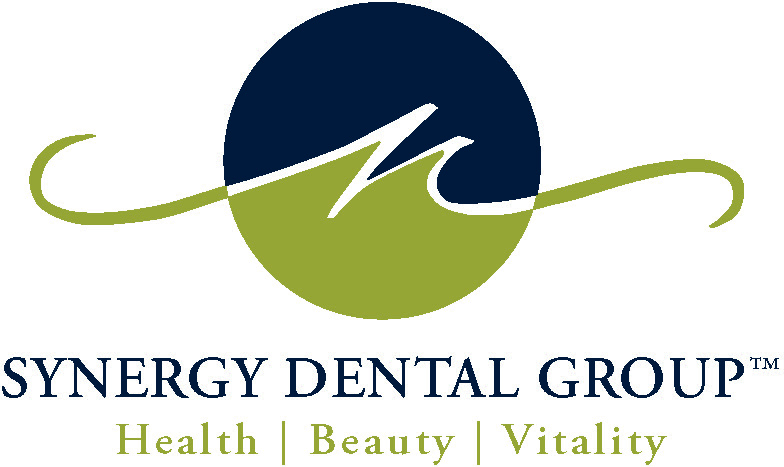
In my practice, I am a “biohacker,” helping my patients become healthy at the cellular level, using biomarkers, saliva tests, blood work, and new-age supplements; hacking the genetic code to help my patients live a preventive lifestyle. I often tell my patients that their mouth is an indication of their internal body tissue health. Incorporating the genetic analysis from the Celsus One™ report helps me establish personalized health recommendations utilizing genetic risk factors related to the oral and systemic inflammatory response.
Utilizing genetics in conjunction with products that activate NRF1 (Nuclear respiratory factor 1) and Nrf2 (nuclear factor erythroid 2 (NFE2)-related factor 2) pathways to create internal cellular molecules can turn back the aging process and become part of a full preventive program. Considering that there are over 200 disease processes that start with inflammation, it’s exciting that Celsus One™ shows 8 biomarkers associated with periodontal, diabetes, cardiovascular and arthritis.
Since the lab results show the patient’s own unique genetic makeup, health providers can educate patients on how the genotypes of certain gene markers affect their long-term systemic health. The three innate gene markers: Beta-defensin 1 (DEFB1), CD14 (CD14), and Toll-like receptor 4 (TLR4), and five acquired gene markers: Tumor necrosis factor-alpha (TNF-alpha) Interleukin 1 (IL1), Interleukin 6 (IL6) Interleukin 17A (IL17A) Matrix Metallopeptidase 3 (MMP3) have different variations in degree of severity in association with inflammatory disease processes. The variation for personalizing patient care helps me to decide on periodontal therapy adjuncts, frequency of periodontal recare, environmental challenges, and ultimately how to best educate my patients in being proactive. My patient’s feel empowered knowing they can potentially influence the effect of their genetics.
Protandim®, Nrf2 Activator™, has 5 patents with over 25 independent peer reviews found on www.pubmed.gov, and is one of my favorite product lines that I have incorporated into my practice. (Previously written: It works at the cellular level to activate ATP and mitochondria, and has been clinically proven to reduce oxidative damage by 40% within 30 days). Correction: Protandim Nrf1 activator increases ATP and Mitochondria function and Nrf2 activation reduces oxidative stress by 40% within 30 days. Oxidative stress (free radical damage) is a root cause of all disease processes. Nrf2 is a protein that regulates the expression of antioxidant proteins that protect against oxidative damage triggered by injury and inflammation. The Nrf2 protein remains dormant within each cell of our body, unable to move or perform its task until released by an Nrf2 activator.
The Nrf2 genetic pathway turns on over 400 transcription genes such as GSTP1, which is related to detoxification. Prior to the Protandim® product line, Sulforaphane, found in broccoli sprouts, was the “gold” standard of naturally occurring Nrf2 activators. Studies have shown that Protandim® Nrf2 Activator™ is 135 fold more powerful than Sulforaphane. Protandim® Nrf2 is composed of 5 herbs that each in their own right have an ayurvedic effect, but also have been proven to work better together synergistically rather than each component individually. A second activator, Protandim® NRF1, works as a “One-Two Punch,” increasing ATP, mitochondrial DNA transcription, replication activity, and quality of sleep.
I am successfully helping my patients utilize their personalized Celsus One™ results to biohack their genetics, using proven modern tools such as Nrf1 and Nrf2 activators to improve their environments. Reducing systemic inflammation using the most modern science and supplements helps me stay on the cutting edge and I am definitely a BIOHACKER for life.
To find out more about this topic please go to http://www.synergydentalgroup.net/ and contact Dr. Kimberly Hubenette.
For more information on how to become an OralDNA Provider – scan HERE: 
- “Biohacking” Our Genes Using Celsus One™ and Nrf2 Activation - December 30, 2022
- “Biohacking” Our Genes Using Celsus One™ and Nrf2 Activation - May 31, 2019
